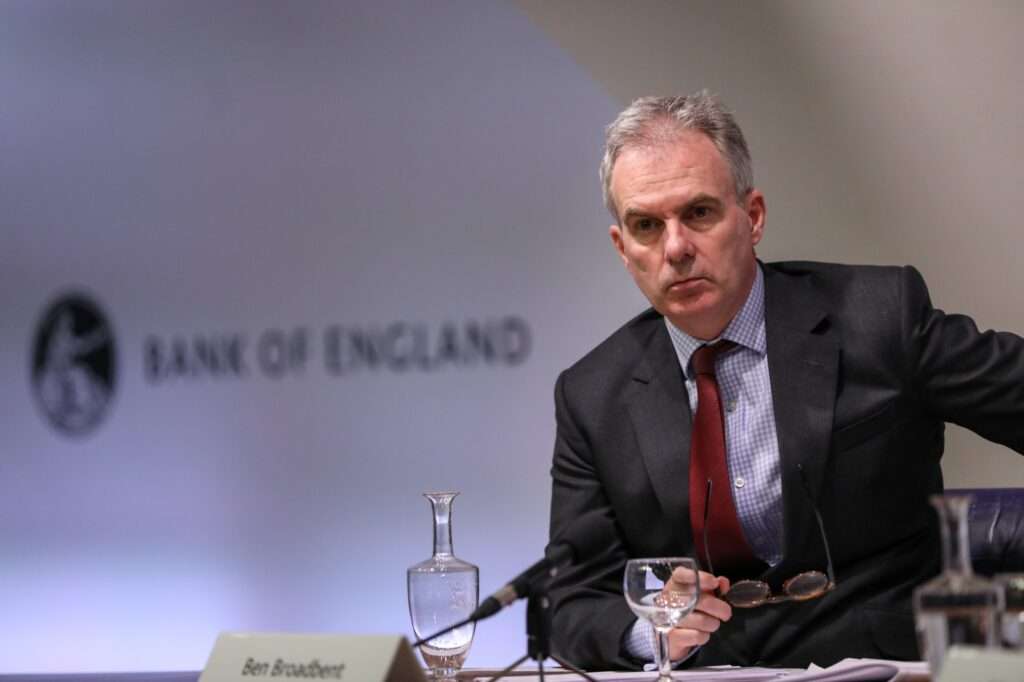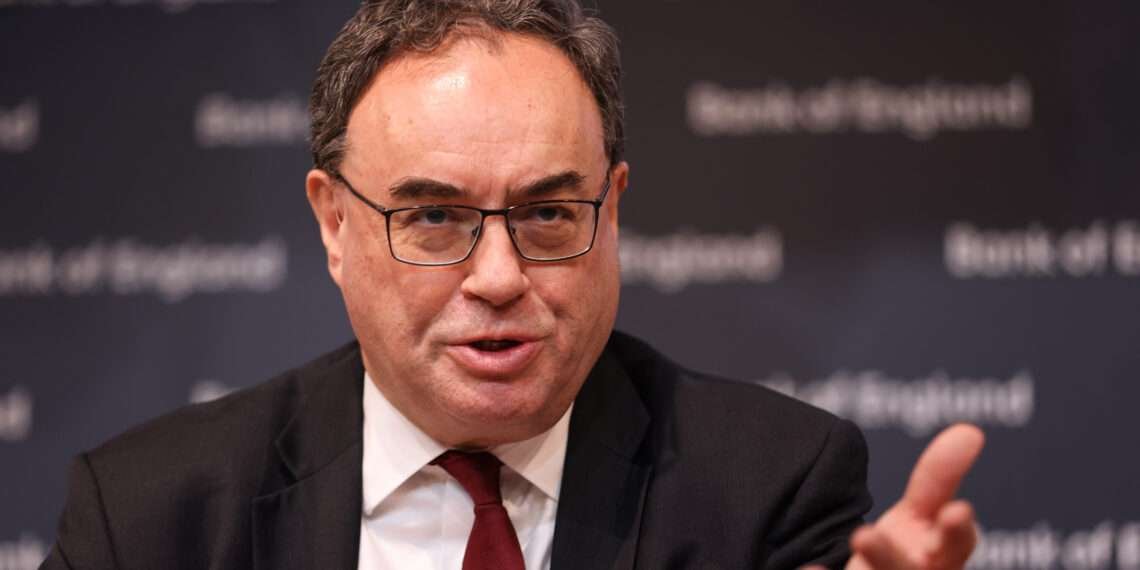Britain is heading towards economic recovery from its recent mild recession, according to Andrew Bailey, Governor of the Bank of England. He anticipates a promising boost as interest rates are slated to decrease later this year.
The Governor dismissed claims that Threadneedle Street’s hesitance to reduce borrowing costs, despite a decline in inflation, indicated being “behind the curve.” The governor emphatically stated that rate cuts are on the horizon.
“We don’t need inflation to come back to target before we cut interest rates,” said Bailey, responding to pressure from Conservative members of the Treasury committee regarding the UK’s recession in the second half of 2023.
“The economy seems to be at full employment, and that’s a very good story,” asserted the governor.
He noted that compared to previous downturns, the UK was experiencing a “very small recession” and currently displaying “distinct signs of recovery.”
Last year’s two quarters of negative growth resulted in only a 0.5% drop in GDP, making it the weakest recession since the 1970s, according to Bailey. He noted that in previous recessions, the economy typically contracted between 2.5% and 22% over two quarters.
Currently, the annual inflation rate is at 4%, but Bailey anticipates it will temporarily return to its 2% target within the next few months before climbing to 2.75% by the end of 2024.
The Bank’s latest inflation forecasts are based on the projected trajectory of interest rates in financial markets, assuming the first cut in borrowing costs will occur in June or August of this year.
On Tuesday, February 20, Goldman Sachs revised its previous forecast, indicating that the first rate cut is now anticipated in June rather than May 2024 as initially predicted.
Bailey stated, “I am comfortable with an interest rate profile that has cuts in it. What I am not saying is by how much they will be cut and when.”
Conservative MP John Baron questioned why interest rates were not being reduced as economic warning signs were highly concerning.
In response, the governor of the Bank of England acknowledged the need to maintain restrictive interest rates to bring inflation back to its target level. He emphasized that this goal had not yet been achieved.
Likely Rate Cuts In Coming Months
The governor indicated positive indications of moderation regarding inflation in the service sector and growth in earnings. These two elements are critical factors considered by the Monetary Policy Committee (MPC) when determining interest rates.

Ben Broadbent, a deputy governor at the Bank, concurred with Bailey’s opinion that rate reductions were likely in the upcoming months.
In an annual report submitted to the Treasury committee, Broadbent stated that the Bank’s forecasts do not preclude a policy easing in 2024.
“In my view, that is the more likely direction in which the bank rate is likely to move. But even if that proves to be the case, the timing of any adjustment can only depend on the actual evolution of the economic data.”
Ben Broadbent
The UK economy faced a precarious situation last week, with signs pointing toward a potential recession.
The economy contracted by 0.3% during the period from October to December 2023, which was worse than expected. As a result, the country officially entered a technical recession.
Rachel Reeves, Labour’s Shadow Chancellor, pointed out that Rishi Sunak’s promise to grow the economy is now in tatters.
According to her, the Prime Minister can no longer credibly claim that his plan is working or that he has turned the corner on more than fourteen years of economic decline under the Conservatives
The Conservative Party had grappled with a series of issues, including transportation disruptions, high inflation rates, political scandals, and currently, by-election defeats in traditionally safe Tory seats.
However, Rishi Sunak emphasized that confidence is returning and that the government’s plan is the right one.
READ ALSO: Rishi Sunak Woos Farmers At NFU Conference



















